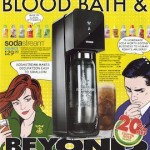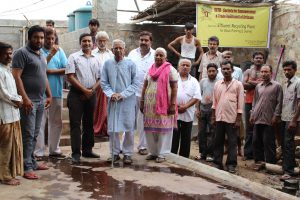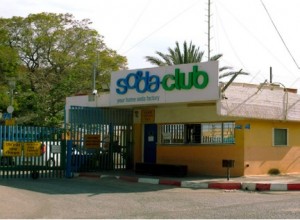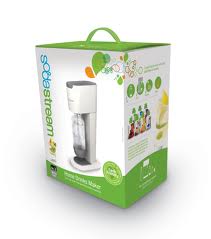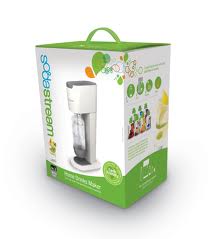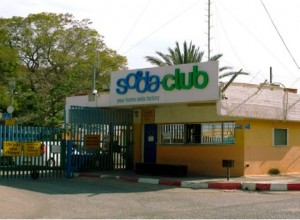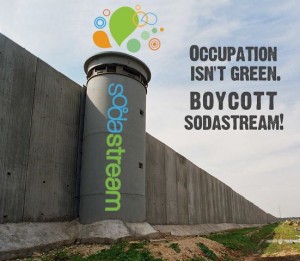
BDS Italiia: Occupation isn’t green
The Cannes Film festival opens this week in France from May 15 – 26th showcasing the year’s greatest films and the glitterati associated with them.
At the festival the American Pavillion (AmPav) serves as the center of activity for the American film community so it was with some dismay that we learned that the premier sponsor of the pavilion is none other than Sodastream.
The company sells itself as a progressive, green company that fits in well with the creative forward thinking crowd that will be gathering at the film festival.
“No cans at Cannes’, it says. But SodaStream is not socially responsible. Its main production site is in Mishor Edomim, a settlement and industrial zone in the occupied West Bank, on confiscated Palestinian land.
The company claims that the land ownership is “disputed” but the UN, the International Court of Justice, the EU court and US foreign policy all agree that the settlements are illegal and an obstacle to peace.
The company claims that Palestinian workers enjoy equal rights and that this is actually a community development project for Palestinians – yet the workers there cannot organize or vote in their own community. They cannot travel on the road leading to the factory without a special permit provided arbitrarily by a foreign army and they have no other opportunities to work elsewhere because the occupation does not allow travel or any local Palestinian–owned development?
Yes, SodaStream has to pay Palestinian workers minimum wages; this is enforced by Israeli military law,but Israeli workers have more protections and benefits than their Palestinian co-workers, including health coverage, union membership and social security.
The Municipal taxes paid by Sodastream to Ma’aleh Edomim are destined exclusively for the settlement’s growth and development not for any Palestinian community development.
Occupation isn’t green and it isn’t progressive. A YouTube video recalls the U.S. creative community’s history of standing up for social justice issues.
An interfaith coalition calls on the industry professionals attending Cannes to boycott the Sodastream bar at AmPav and the general public to call on retailers to remove SodaStream products from their stores.
You’re not going to Cannes? You can still do something….
 TAKE ACTION!
TAKE ACTION!
- Watch thisvideo and share it widely.
- Sign apetition.
- Use Twitter to get on the celebrity newsfeeds. Follow @AFPredcarpet
- And learn more from aPalestinian factory worker.

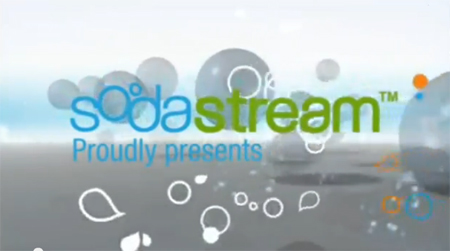 Before Super Bowl Sunday, buzz on the street was that the at-home carbonation product Sodastream super bowl ad was to be pulled from airing by CBS because it was too disparaging towards Sodastream rivals Coca Cola and Pepsi, two of CBS’ biggest sponsors.
Before Super Bowl Sunday, buzz on the street was that the at-home carbonation product Sodastream super bowl ad was to be pulled from airing by CBS because it was too disparaging towards Sodastream rivals Coca Cola and Pepsi, two of CBS’ biggest sponsors.
